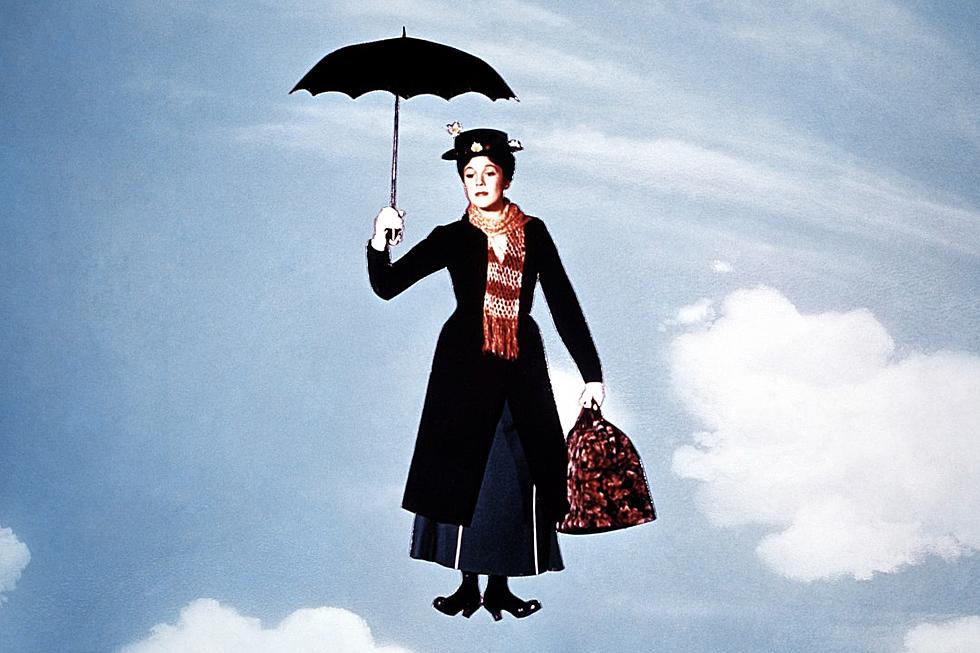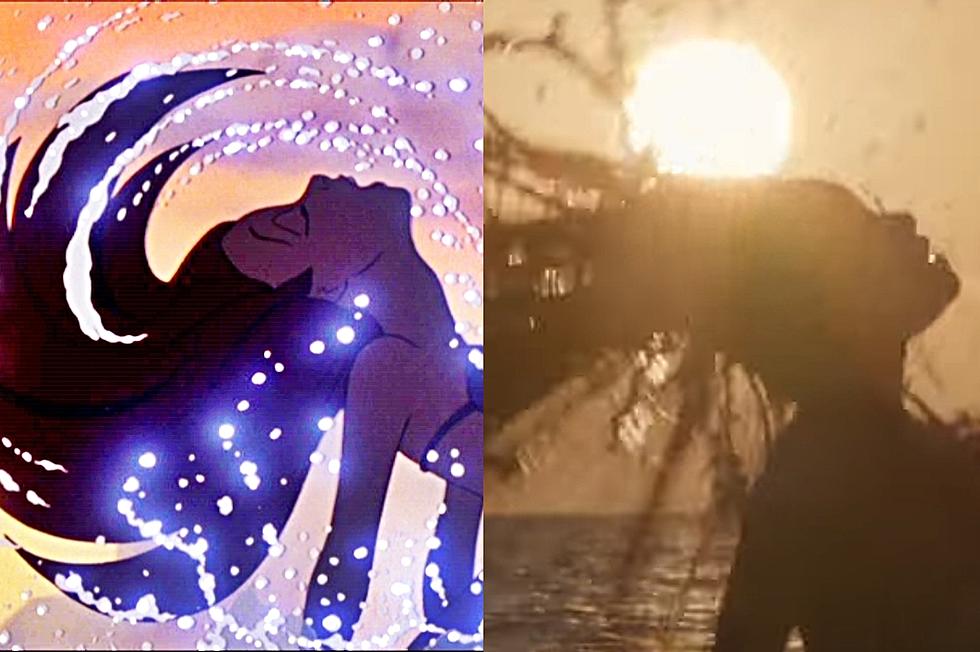
If Not a Sequel or a Reboot, Then What Is Disney’s New ‘Mary Poppins‘?
Producers, directors, showrunners, executives — the types that keep the dream factory that is Hollywood up and running — have their own specific dialect of the english language. Certain words have become increasingly popular, while others fall out of favor entirely. Reboots are very much in vogue, with directors “reimagining” existing properties, never remaking them. The miniseries has become the “event series”, and the word “anthology” can really mean whatever we want it to. And if you’re one of the hundred directors tasked with reviving an existing creative property in a newly modern milieu, so help you god if you even think about using the S-word. It’s anyone’s guess as to why, but to utter the word “sequel” in today’s Hollywood is expressly verboten.
Rob Marshall, director of such films as Chicago and last year’s Into the Woods, made a heroic effort during an conversation with Vulture to explain what, exactly, he intends his new Mary Poppins film to be without saying s-e-q-u-e-l. His quote:
“It is not a new Mary Poppins… P.L. Travers wrote eight books all together. They worked from the first book, and we are working from the other books, not touching the iconic brilliance of Mary Poppins. This is an extension. I’m a huge fan of the original, and I’m a very good friend of Julie Andrews, and I hold it in such awe… There is all this new material — it was the Harry Potter of its time — and they were never turned into anything further than that adventure.”
And now, a supplementary quote, this time from the New Oxford American Dictionary:
sequel |ˈsēkwəl| noun — a published, broadcast, or recorded work that continues the story or develops the theme of an earlier one.
The general public sees through your trickery, Rob Marshall. We know full well that “extension” is code for “sequel, but this sounds better.” There’s no need to be scared! Movie lovers may take to the internet to decry Hollywood’s overreliance on sequels from time to time, but know that the only thing more detestable the creative recycling is deception. To paraphrase Supreme Court Justice Potter Stewart, we know a sequel when we see one.
More From ScreenCrush









